History of Egypt
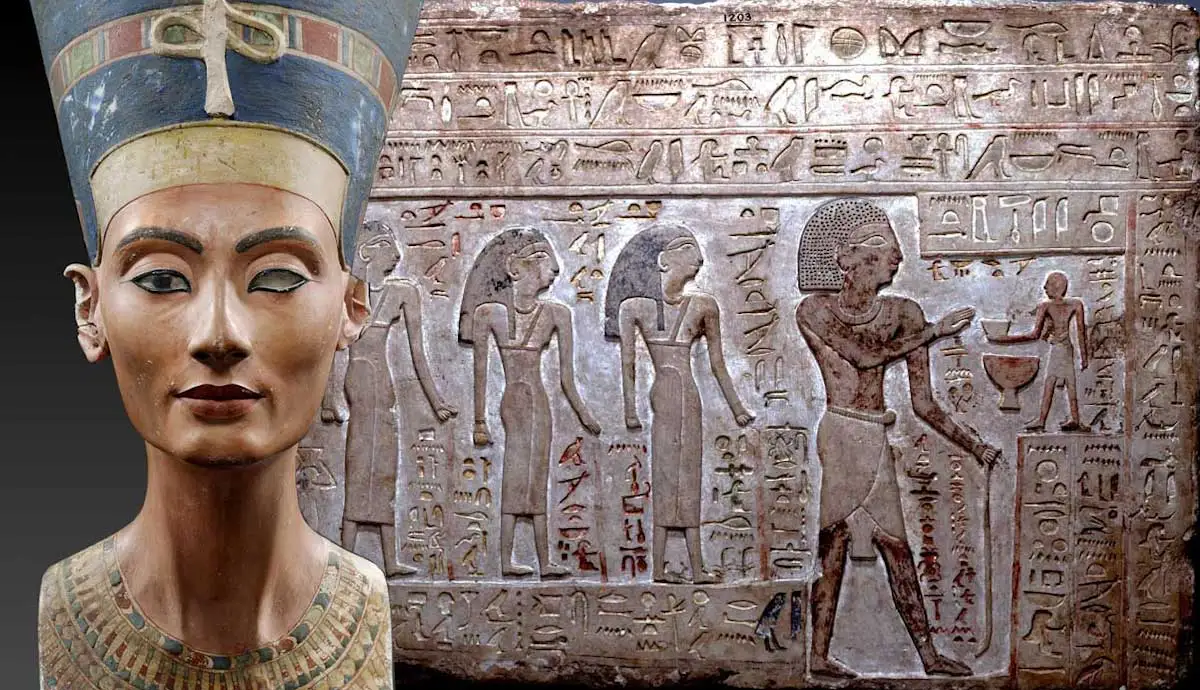
Egypt has one of the longest and most storied histories of any civilization on Earth. From the rise of the ancient pharaohs to the modern era, Egypt's history spans over 5,000 years. Here are some key periods:
Ancient Egypt
Ancient Egypt, characterized by its majestic pyramids, temples, and pharaohs, flourished for over 3,000 years. The civilization was renowned for its advanced architecture, art, and religion, including the construction of the Great Pyramid of Giza, the Sphinx, and the temples of Luxor and Karnak.
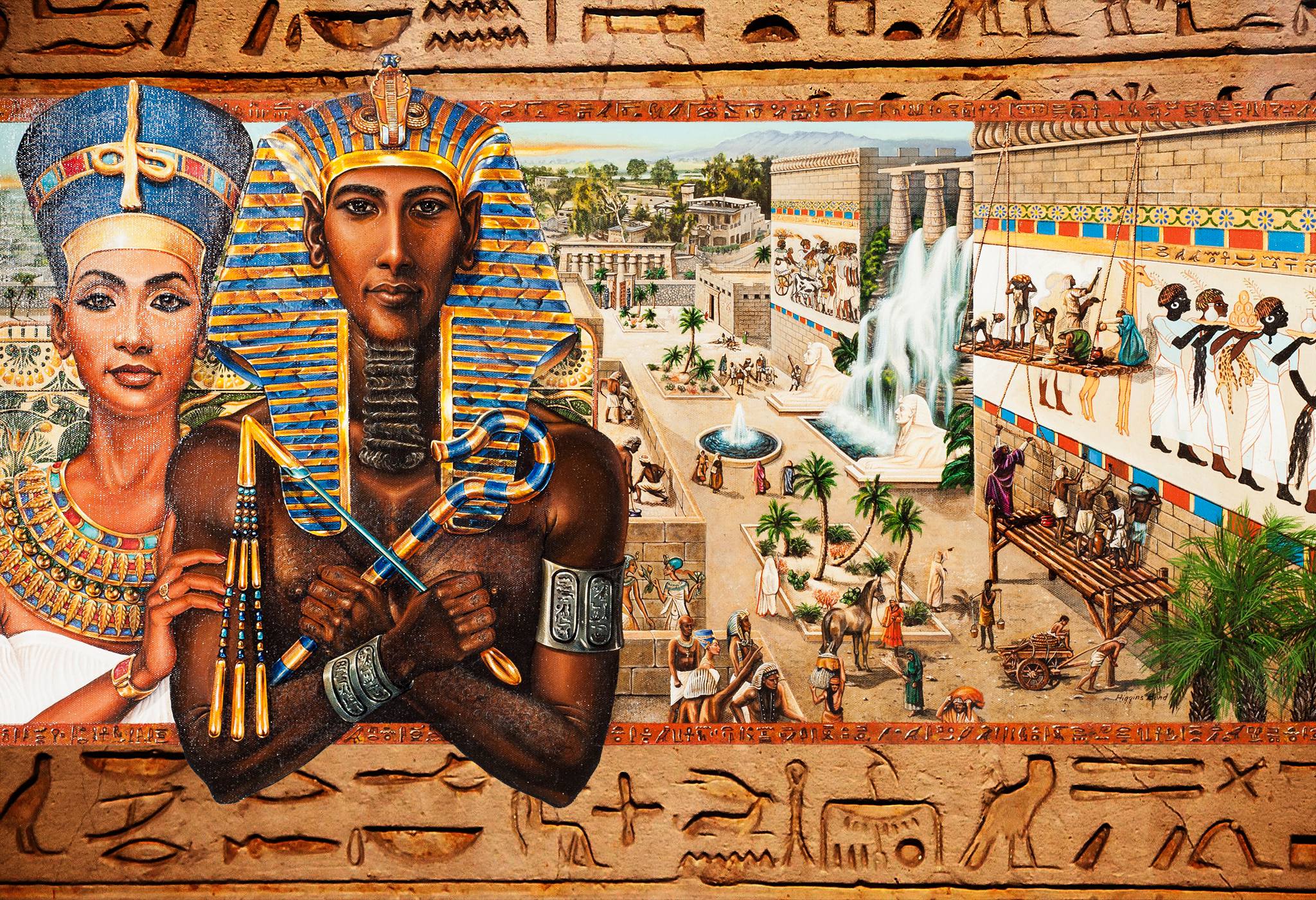
Greek and Roman Period
Following the conquest of Egypt by Alexander the Great in 332 BC, Egypt came under Greek rule and later Roman rule. This period saw the blending of Egyptian and Greco-Roman cultures, with notable landmarks such as the Temple of Philae and the city of Alexandria.
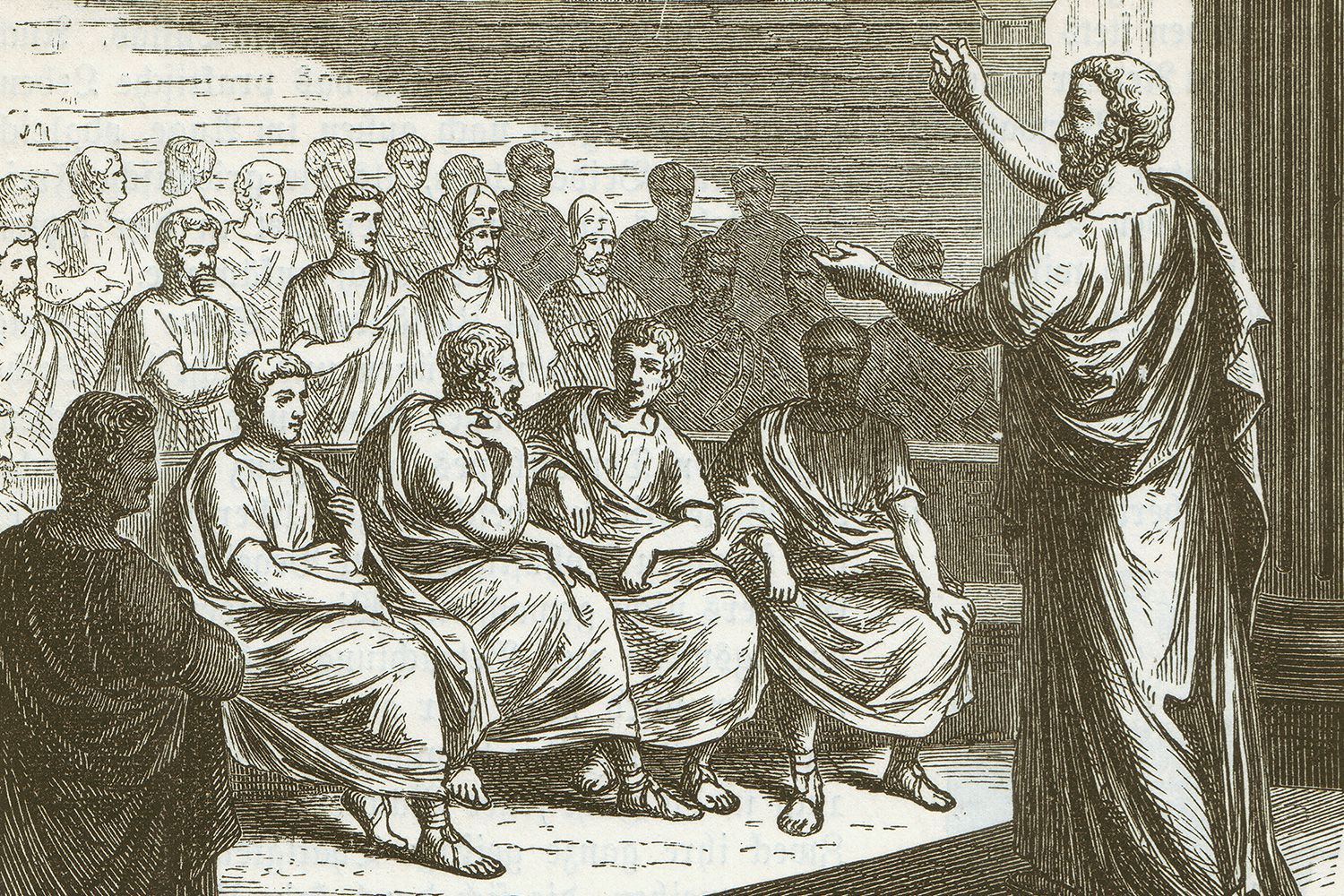
Islamic Egypt
With the arrival of Islam in the 7th century AD, Egypt became a center of Islamic civilization. The country saw the rise of magnificent mosques, madrasas, and palaces, including the Mosque of Ibn Tulun and the Citadel of Cairo, which still stand as testaments to Egypt's Islamic heritage.
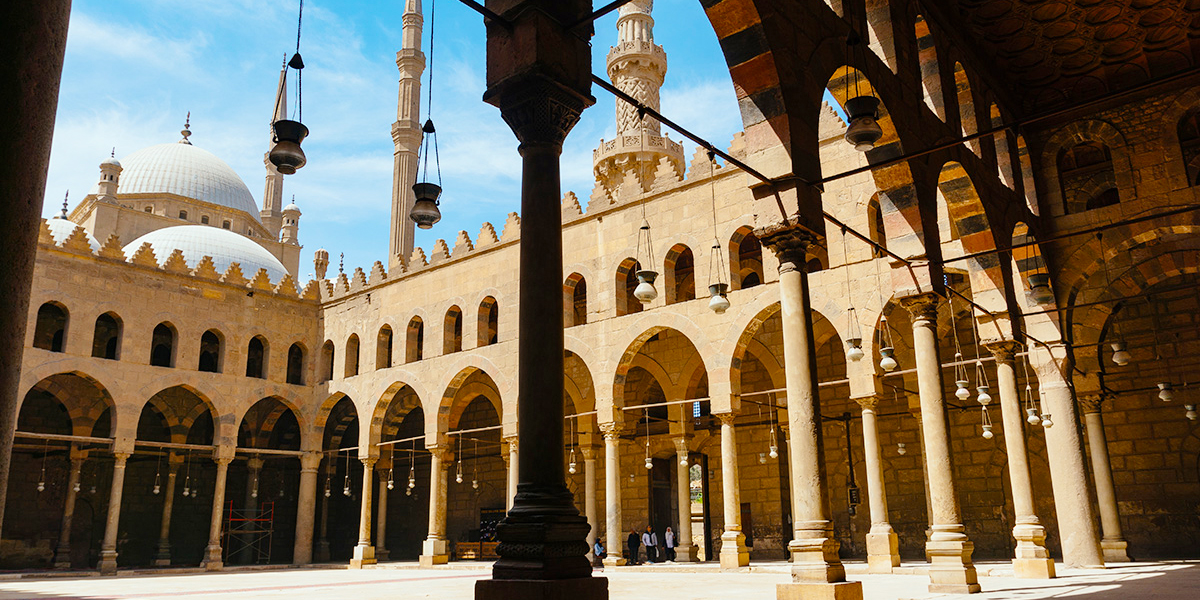
Modern Egypt
In the modern era, Egypt has undergone significant changes, from colonization by European powers to gaining independence in the 20th century. Today, Egypt is a vibrant nation with bustling cities, thriving industries, and a rich cultural heritage that continues to captivate visitors from around the world.

Places to Visit in Egypt
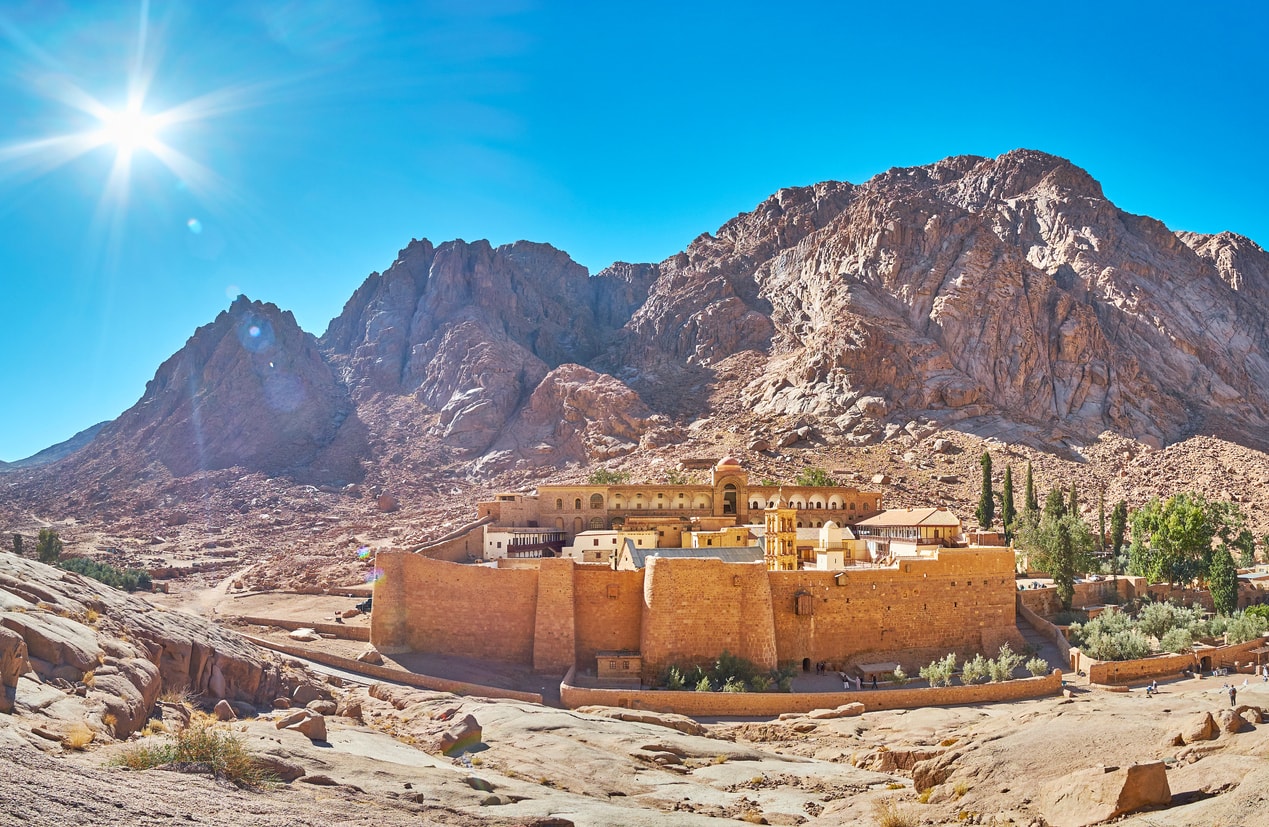
Egypt is home to a wealth of incredible attractions, from iconic ancient monuments to vibrant modern cities. Whether you're exploring the awe-inspiring pyramids of Giza, cruising down the Nile River, or diving in the crystal-clear waters of the Red Sea, there's something for everyone to discover in Egypt.
Ancient Egypt - National Geographic
Important Places
| Period | Site | Location | Year Constructed |
|---|---|---|---|
| Ancient Egypt |
Sphinx
|
Giza | 2500 BCE |
|
Karnak Temple
|
Luxor | 2055 BCE | |
|
Abu Simbel Temples
|
Aswan | 1264 BCE | |
| Islamic Egypt |
Al-Azhar Mosque
|
Cairo | 972 CE |
|
Al-Hakim Mosque
|
Cairo | 1013 CE | |
| Ptolemaic Period |
Temple of Kom Ombo
|
Aswan | 180 BCE |
|
Temple of Edfu
|
Aswan | 237 BCE |